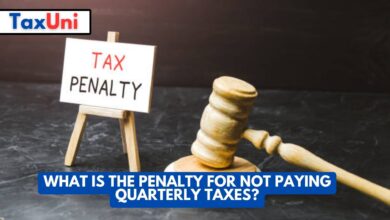Maryland Sales Tax
Maryland sales tax is levied on the sale of tangible goods and some services. The seller collects the tax and remits it to the state tax authorities.

Unlike most states, Maryland tax law requires businesses that make sales into the state to collect and remit sales taxes. Maryland Sales Tax is based on the principle of having a significant connection with the state, which is known as nexus. Nexus is established through physical presence (e.g., a brick-and-mortar store) or economic activity (e.g., sales over a certain threshold amount).House Majority Leader David Moon’s bill would decrease the state sales tax rate from 6% to 5% and extend it to services that are currently not taxed. These include accounting, auto mechanics, dry cleaning and even funeral or cremation services.
The proposal also includes an increase in the per-package cigarette tax, which is expected to generate $54.1 million in new revenue for Maryland. However, the move has met with resistance from Governor Wes Moore and other top Democratic leaders, who have vowed to avoid broad-based tax hikes this year.
Maryland Sales Tax Eligibility
Companies that meet the physical nexus thresholds of $100,000 in sales or 200 transactions in the state are required to register with the Maryland Comptroller. Companies that establish economic nexus with the state can register online using the bFile system on the Maryland Comptroller’s website.
Exemptions from Maryland Sales Tax and use tax include government agencies, certain nonprofit organizations, and buyers who purchase goods for resale. You must collect your customer’s valid exemption or resale certificate before selling. You can verify the validity of a certificate at Verify Tax Exemptions.

Maryland Sales Tax Due Dates
Each filing period’s due date is based on the calendar month, but if that date falls on a weekend or holiday, the COM will move it to the next regular weekday. When entering your sales data, be sure to double-check all of the fields before you select “Next”. The COM will also audit businesses to ensure accurate reporting and payment. If your company is chosen for an audit, prepare yourself for a thorough examination of your sales records, invoices and bank statements.
It is important to note that registering does not automatically end past liabilities or penalties. A business can still owe back taxes and interest if it does not file and pay on time. The state does not waive these late fines, which are a ten percent penalty on the tax due and a 1.08 percent interest rate per month or partial month that the return is late.





